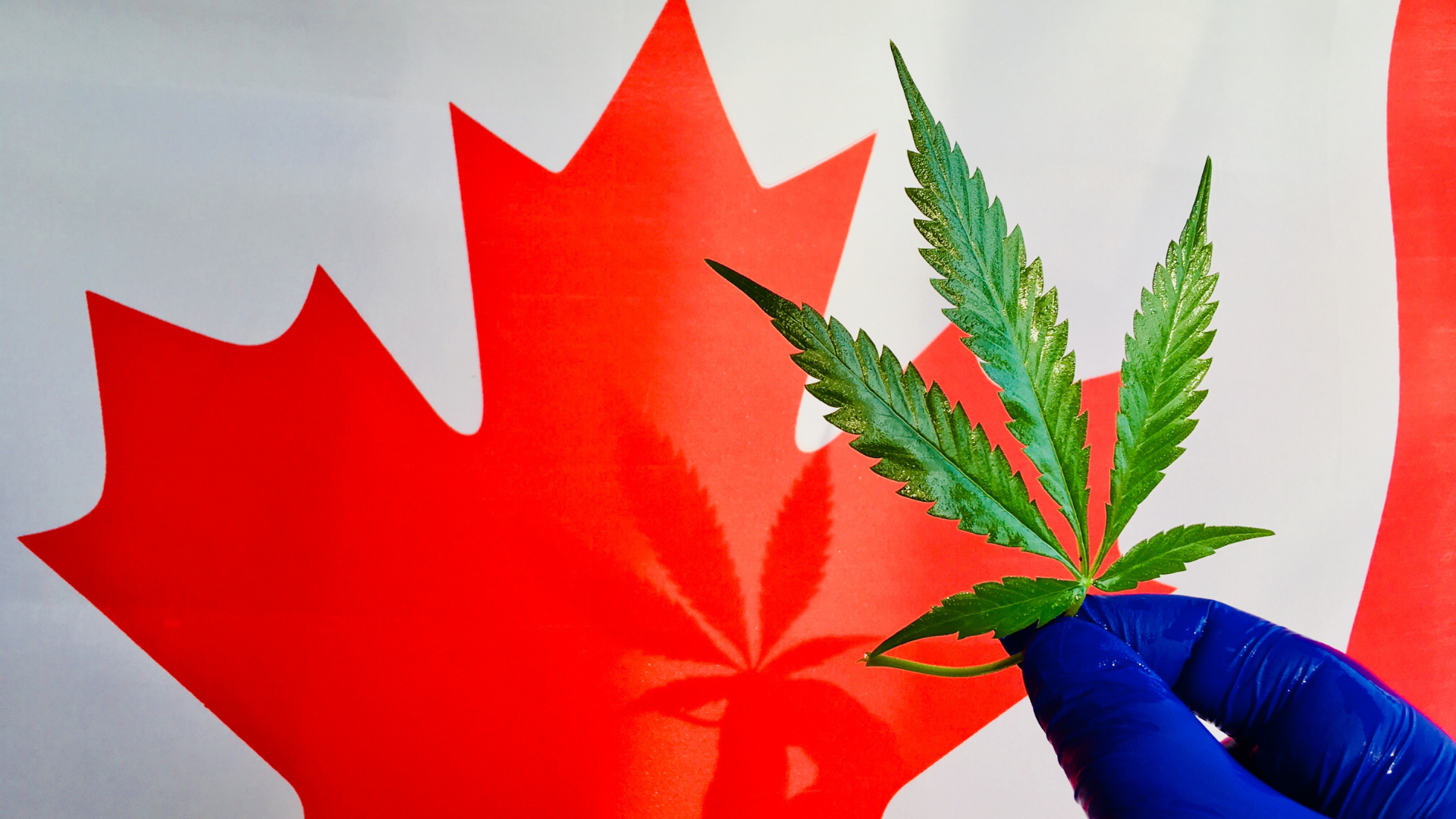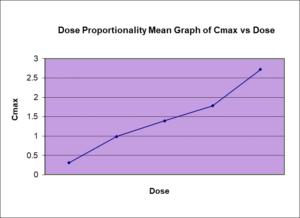Cannabis Research: New Opportunities Open for Non-Therapeutic Studies

Health Canada has recently updated regulations, lifting restrictions on cannabis research for non-therapeutic purposes. This change allows researchers and licensed dealers to investigate and develop cannabis products without the previously required Clinical Trial Application (CTA). This blog highlights the implications of these changes and explores the potential for new research opportunities in the field of cannabis research.
In October 2018, Canada became the first major industrialized country to provide legal and regulated access to cannabis for nonmedical purposes with the implementation of the Cannabis Act. The Cannabis Act regulates the production, distribution, sale, import, export, and possession of cannabis for adults of legal age, including its two most common phytocannabinoids: Tetrahydrocannabinol (THC) and Cannabidiol (CBD). Health Canada categorized licenses or permits for handling cannabis according to different purposes, including cultivation, processing, sales, and other licenses and permits, such as industrial hemp, analytical testing, research, canncanvdddabis drug licenses, and import or export permits.
Implications of Regulatory Amendments
Clinical studies whose sole purpose is to assess the taste and palatability of cannabis products do not fall within the definition of a clinical trial and therefore do not require aclinical trial application (CTA). As a result, the requirements of Part C: Division 5 of the Food and Drug Regulations (FDR) do not apply. However, investigators are still required to obtain a research license from Health Canada under the Cannabis Act and Research Ethics Board approval.
In the past, an identical study involving assessment of the taste and palatability of cannabis with a slight change in the objective, for example rating the taste on a Visual Analog Scale (VAS) vs. rating the level of intoxication on a VAS, would shift the requirement from not requiring a CTA to needing one. The CTA had to be submitted and reviewed by Health Canada under a 30-day review period.
GMP vs GPP Compliance
Additionally, according to the requirements for a CTA, it was important to ensure that the investigational product being used is manufactured in a consistent, high-quality manner. This was where GMP (Good Manufacturing Practices) compliance with more stringent standards came into play, and products created by licensed dealers for recreational users were not sufficient.
For licensed dealers, the requirement to produce GMP material rather than GPP-compliant material had significant implications. These standards cover all aspects of production, including facilities, equipment, personnel, and processes. GMP compliance is resource-intensive, requiring additional investments in infrastructure, equipment, training, and quality management systems. These requirements hindered many valuable studies aimed at understanding the effects of cannabis, both academically and from a recreational drug research perspective.
Changes to Clinical Trial Application (CTA) Requirements
Concerns regarding the inability to conduct certain types of research were brought to the attention of Health Canada by academics, licensed dealers, and BioPharma Services. As a result, Health Canada announced in December 2022 that they have updated their cannabis regulations.
The regulatory amendments now exempt non-therapeutic research on cannabis (NTRC) involving human participants from the requirements under Part C, Division 5 of the Food and Drug Regulations (FDR). This allows researchers to conduct studies on cannabis and its effects from a non-therapeutic perspective solely under the Cannabis Regulations. These studies no longer require a No Objection Letter (NOL) following a CTA submission and only need a research license under the cannabis research regulations. Additionally, cannabis products for such studies must be Good Production Practice (GPP) compliant rather than GMP compliant.
Examples of Potential Cannabis Research Areas
Below is the list of examples of some potential research areas that can now be conducted without a CTA, thanks to the updated cannabis research regulations by Health Canada.
-
- Sensory and Consumer Studies: Research focused on understanding consumer preferences, experiences, and perceptions of various cannabis products, such as edibles, vapes, and topical products. These studies may explore factors like taste, aroma, texture, and packaging.
- Onset and Duration of Effects: Investigations into the timing, intensity, and duration of the effects of different cannabis products, formulations, and consumption methods, could inform product development and user guidance.
- Product Comparison Studies: Comparing the effects and user experiences of different cannabis strains, formulations, and brands to inform both consumers and producers.
- Micro-dosing Studies: Research the benefits and potential risks of consuming small amounts of cannabis (particularly THC) for various non-therapeutic purposes, such as creativity enhancement, stress relief, or overall well-being.
- Cannabis and Social Interaction: Studies exploring how cannabis consumption may impact social behaviour, communication, and interpersonal relationships.
- Cannabis in the Workplace: Investigating the potential impact of recreational cannabis use on work performance, productivity, and safety in various professional settings.
- Recreational Cannabis and Physical Activity: Exploring the effects of cannabis on physical performance, exercise recovery, and the potential benefits or risks of combining cannabis with physical activities.
- Impact on Sleep and Relaxation: Research into the effects of recreational cannabis use on sleep quality, relaxation, and stress management
- Public Health and Safety Research: Assessing the impact of recreational cannabis use on public health, safety, and policy, including studies on the effectiveness of cannabis education and prevention programs.
In summary, as explained above, these significant changes in policy open doors for a wide range of investigations that benefit the researchers, the academic community and licensed dealers to deepen our understanding of cannabis and its effects on individuals and society as a whole.
Why Choose BioPharma Services for Your Cannabis Research Drug Development Project?
As Health Canada has lifted restrictions on cannabis research for non-therapeutic purposes, the field of cannabis research has opened up new opportunities for investigation. BioPharma Services is your perfect partner for your cannabis research drug development project, here’s why;
Expertise: BioPharma Services has a team of highly skilled and experienced researchers who are well-versed in the latest cannabis research regulations, guidelines, and best practices. We offer end-to-end services, from study design and protocol development to data analysis and reporting.
Flexibility: With the updated cannabis research regulations, researchers now have more flexibility in conducting non-therapeutic research on cannabis. BioPharma Services can help you design and execute studies in various research areas, including sensory and consumer studies, onset and duration of effects, bioequivalence studies, micro-dosing studies and many more research areas.
Compliance: We ensure that all our studies comply with the latest regulations and guidelines, and we work with licensed dealers to obtain the necessary GPP-compliant cannabis products required for the study. We are committed to delivering high-quality research while maintaining ethical and legal standards.
Data Security: We take data security and privacy seriously and have measures in place to protect the confidentiality and integrity of your research data. Our team adheres to strict data security protocols and compliance with regulatory requirements.
Timely Results: At BioPharma Services, we understand the importance of timely results in the fast-paced world of research. We work efficiently to deliver accurate and reliable results on time, every time.
BioPharma Services is the ideal partner for your cannabis research drug development project. With our expertise, flexibility, compliance, data security, and timely results, we can help you achieve your research goals and advance our understanding of cannabis and its effects on individuals and society. Contact us today to learn more about how we can help you.
Written By: Negar Gharavi
BioPharma Services, Inc., a Think Research Corporation and clinical trial services company, is a full-service Contract Clinical Research Organization (CRO) based in Toronto, Canada, specializing in Phase 1 clinical trials 1/2a and Bioequivalence clinical trials for international pharmaceutical companies worldwide. BioPharma has clinical facilities both in the USA and Canada with access to healthy volunteers and special populations.



